A beginner's guide to modern LGBTQ+ manga
The best modern LGBTQ+ manga available in English
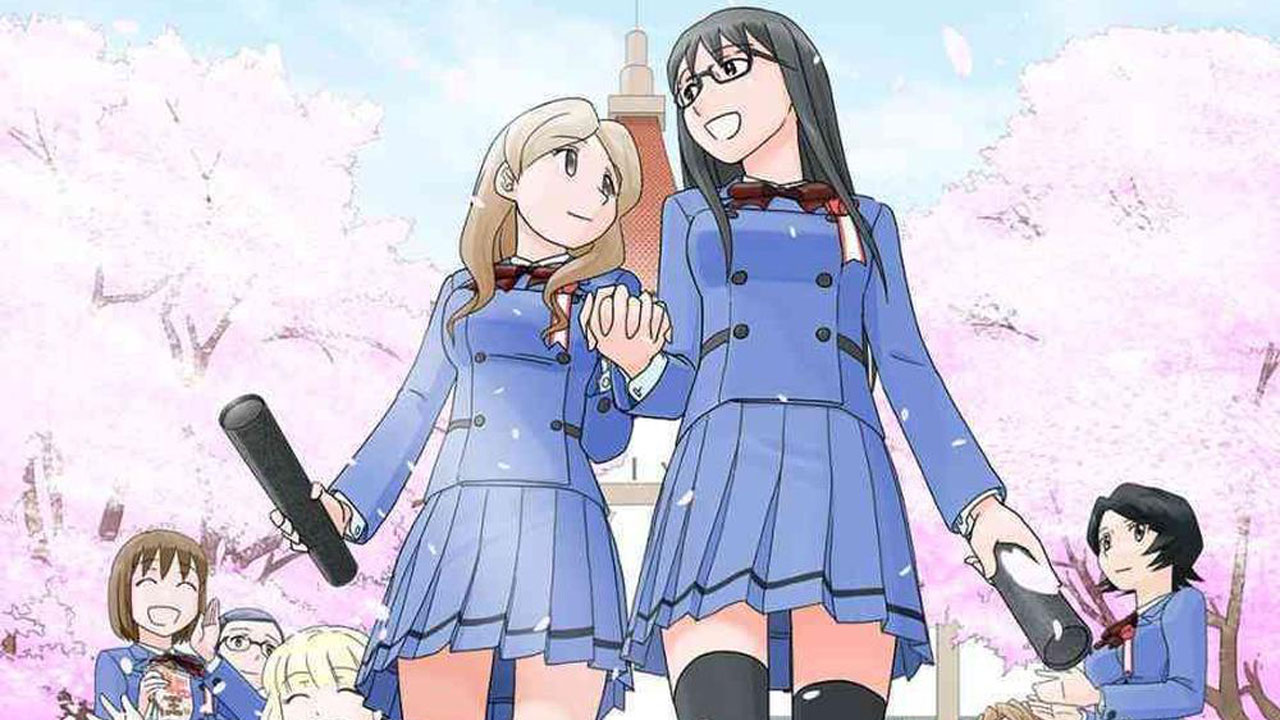
While LGBTQ themes in Japanese manga have been prevalent since the '70s, contemporary LGBTQ manga have gradually moved away from the tragic themes of their earlier counterparts. Many are known as yaoi (i.e. boy's love) and yuri (girls' love) manga, such as Takashi Ikeda's Whispered Words and Venio Tachibana's Seven Days. Yaoi manga focuses on romance between boys, while yuri does the same between girls.
In recent years, there have been manga that have broken the mold of yaoi and yuri through the use of different genres and themes that go beyond sexual orientation and coming of age. From crushes and gender identity to adulthood and found family, these contemporary LGBTQ+ manga are must-reads.
Our Dreams at Dusk by Yukhi Kamatani
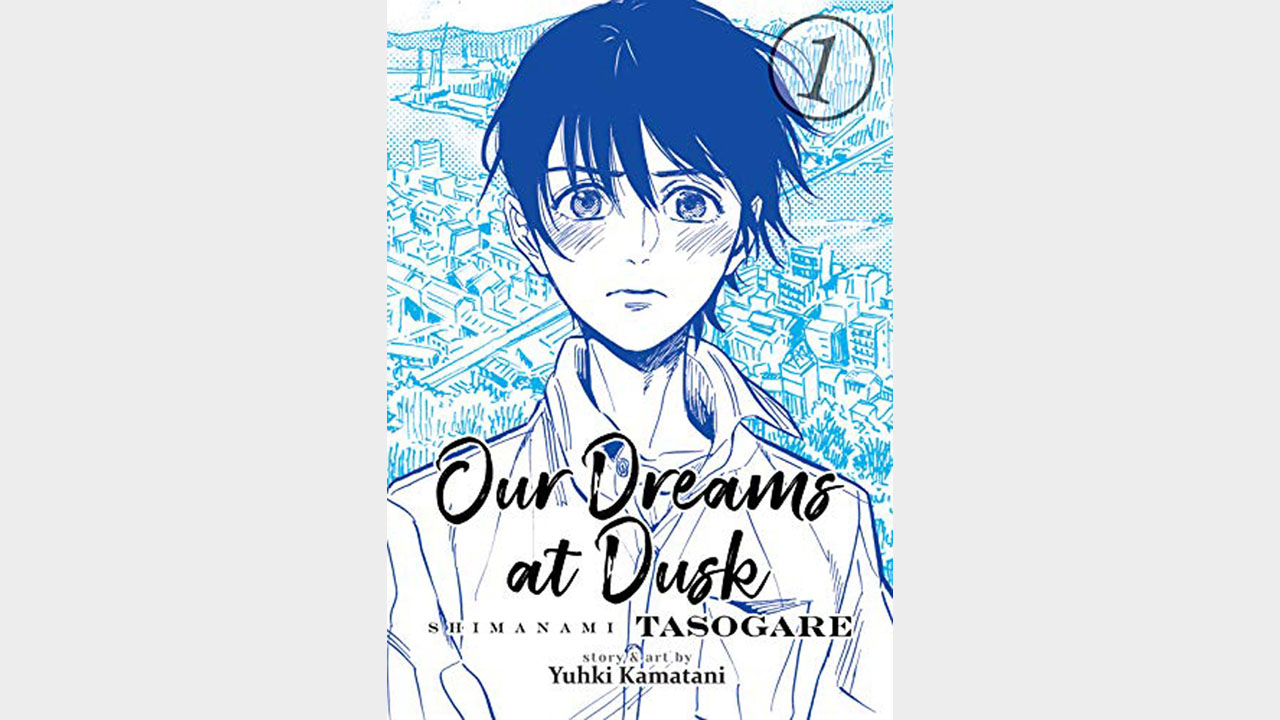
Told in four volumes and published by Seven Seas Entertainment, the short but powerful series Our Dreams at Dusk begins with a young man named Tasuku Kaname. After accidentally being outed as gay to his classmates, Tasuku nearly kills himself but notices a young woman leap from a window of a nearby building. When he runs to the building to get help, he discovers the woman is unharmed and that the building is a drop-in center for LGBTQ+ individuals.
A unique aspect of this series is that it focuses on a variety of LGBTQ+ people with different gender identities and sexual orientations. The main cast is a mix of LGBTQ+ adults and teens, resulting in a support system rarely seen in LGBTQ manga. Through this cast, the series tackles subjects such as coming out, the contrast between different LGBTQ experiences, and the pressure of being treated as a poster person for gender identity.
Love Me For What I Am by Kata Koyama
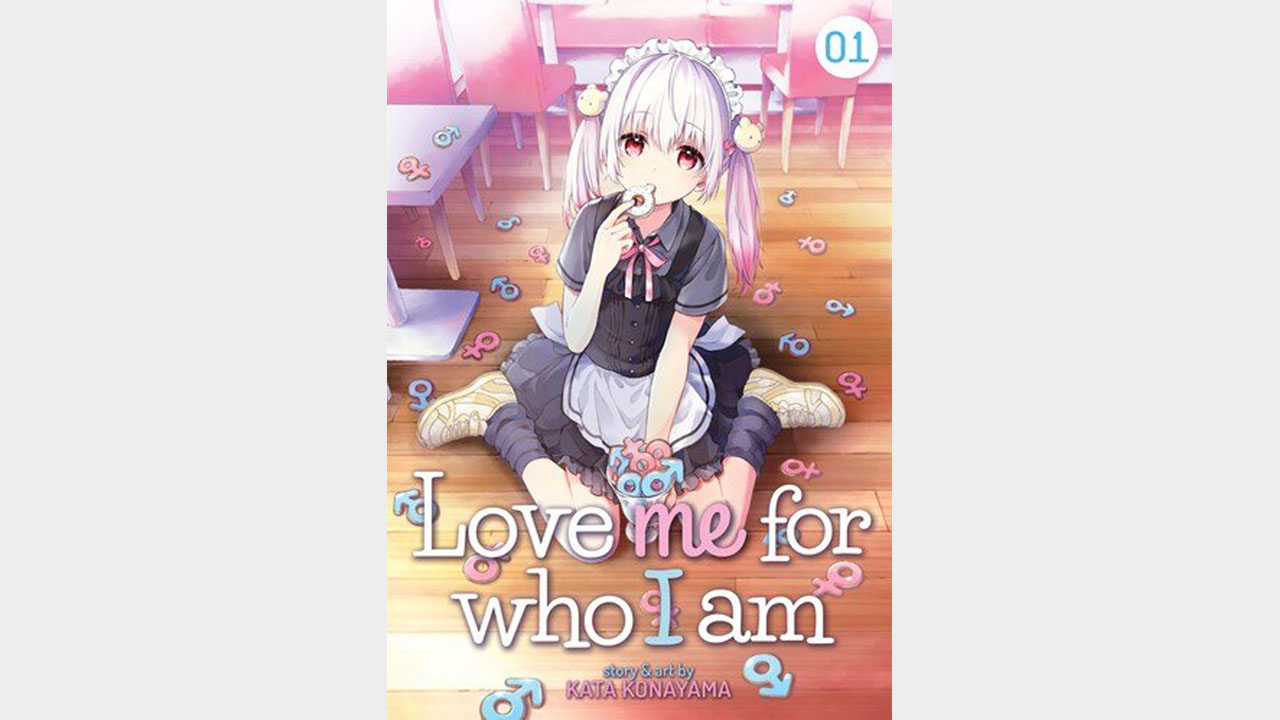
Even though this is a very recent release, Love Me For What I Am already shows promise as a new LGBTQ+ manga series. Published by Seven Seas Entertainment and released June 2020, the first volume in this three-volume series introduces non-binary protagonist Mogumo.
When a student invites Mogumo to work at a maid-cafe, they leap at the chance to be able to present themself how they want. However, when Mogumo is mistaken for a crossdressing boy, they assert their gender identity and the rest of the cafe slowly gets to know them better.
We also get to know the various queer and genderqueer employees. Together with Mogumo, they gradually confront their issues and grow closer to Mogumo and each other.
Get the best comic news, insights, opinions, analysis and more!
The Bride was a Boy by Chii
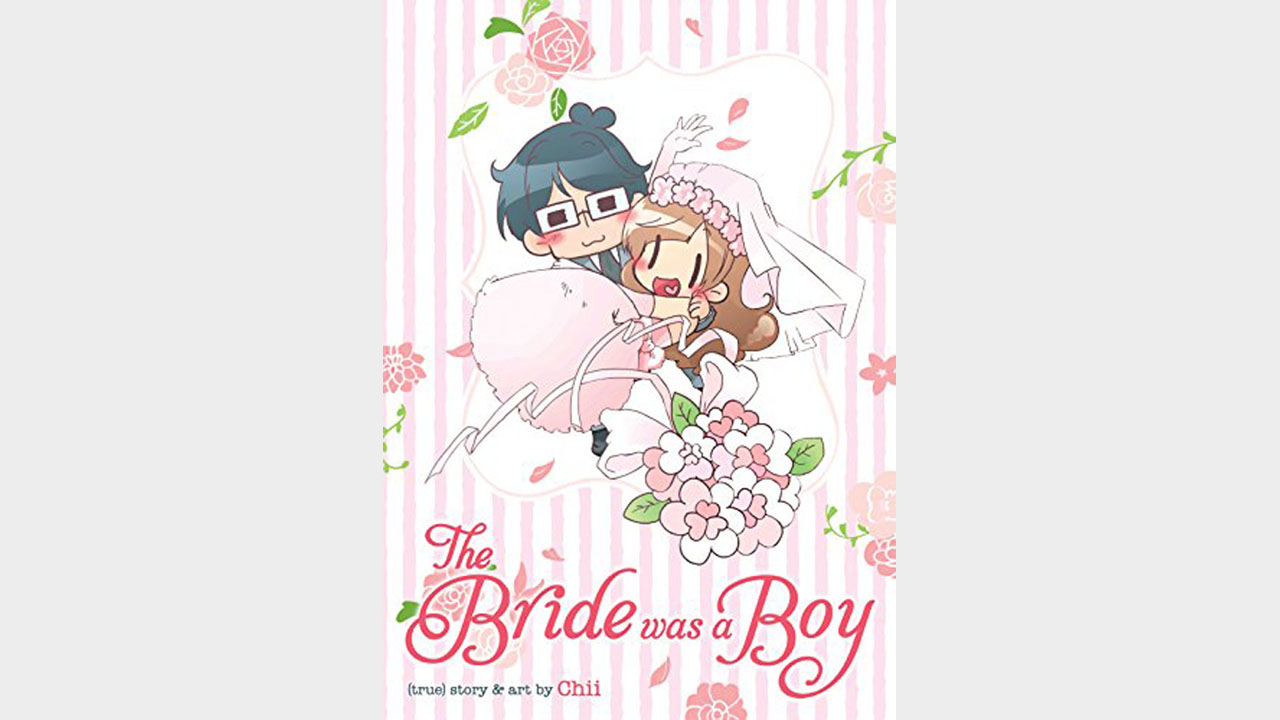
The single-volume manga The Bride was a Boy is autobiographical and discusses the mangaka's experiences as a transgender woman. Beginning with Chii's childhood and ending after she gets married, this book provides startling insight on LGBTQ+ issues in Japan through a story of gender identity and romance. With a balance of seriousness and lightheartedness, the cute art style combines with words to tell an entertaining and thoughtful tale.
For American readers (especially transgender ones), Chii's story will be simultaneously familiar and new. The book's title might be controversial to some, but it was deliberately chosen by the mangaka to bridge her past and present. Despite her initial uncertainty and fear in her early years, the narrative is ultimately about becoming her true self in adulthood and marrying the love of her life.
My Brother's Husband by Gengogroh Tagame

When a single Japanese dad named Yaichi learns of the death of his estranged twin brother Ryōji, he must prepare to welcome his twin brother's Canadian husband Mike. Yaichi's daughter Hana has no issues with Mike, but Yaichi must confront his own grief and homophobia in order to fulfill a promise he made to Ryōji. It is here that a powerful narrative starts to unfold as Yaichi tries to change himself for the better.
A major subject rarely discussed in any LGBTQ+ manga is the Western beliefs about gay people versus the Japanese beliefs about gay people. The contrast between them is subtle but striking, and it is interesting to see how that and family dynamics played a role in Yaichi's estrangement of his brother. All in all, the two-volume My Brother's Husband series is a powerful testament to self-examination, forgiveness, family, and grief.
I Hear The Sunspot by Yūki Fumino
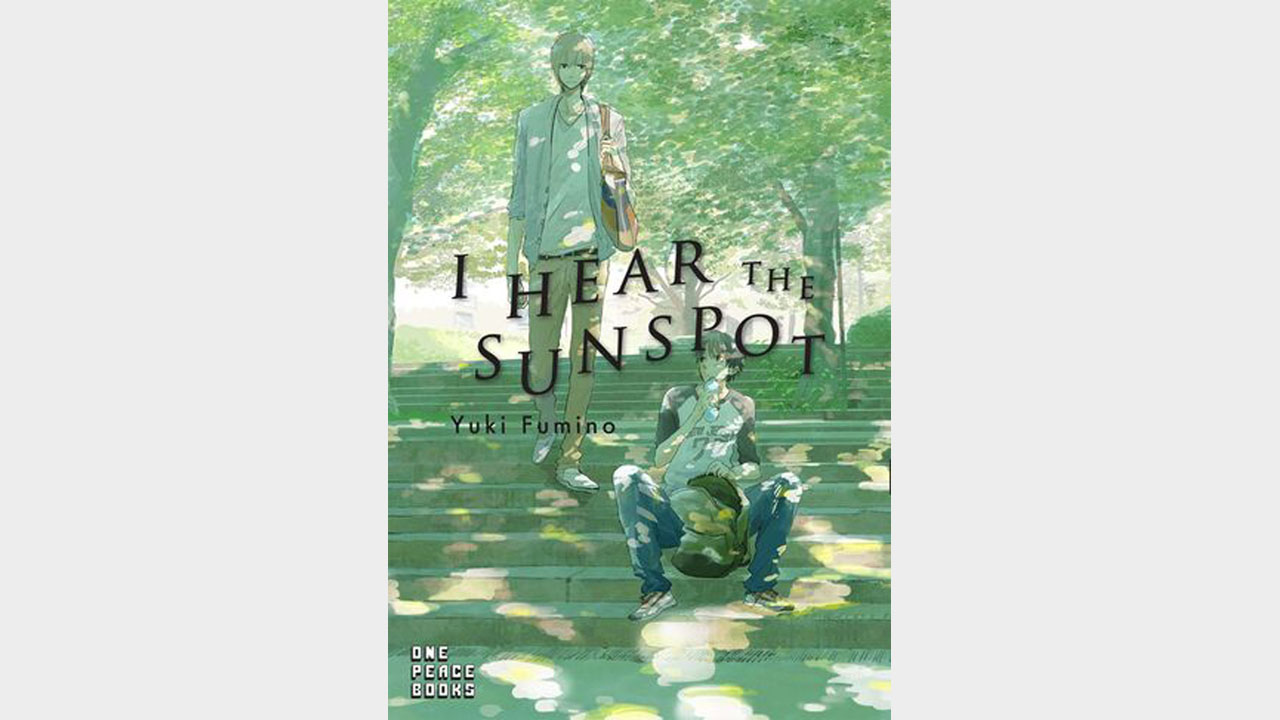
Sugihara Kohei is a young college student with hearing loss who keeps away from others due to misunderstandings about his disability. Sagawa Taichi is an outgoing student who needs cash and three square meals a day. When these two meet, Taichi decides to take notes for Kohei in exchange for meals. As they get to know each other and Tachi breaks down Kohei's walls, the two find themselves caught between being friends and becoming something more.
In addition to the budding romance, I Hear the Sunspot tackles what it is like for individuals with hearing issues to live in a society that doesn't suit or try to understand them. As their relationship develops, Kohei must address his internal biases as someone who exists on the border between the hearing world and the deaf world. Taichi's connection with Kohei slowly allows Kohei to come to terms with his disability while experiencing romance and coming of age.
What Did You Eat Yesterday? by Fumi Yoshinaga
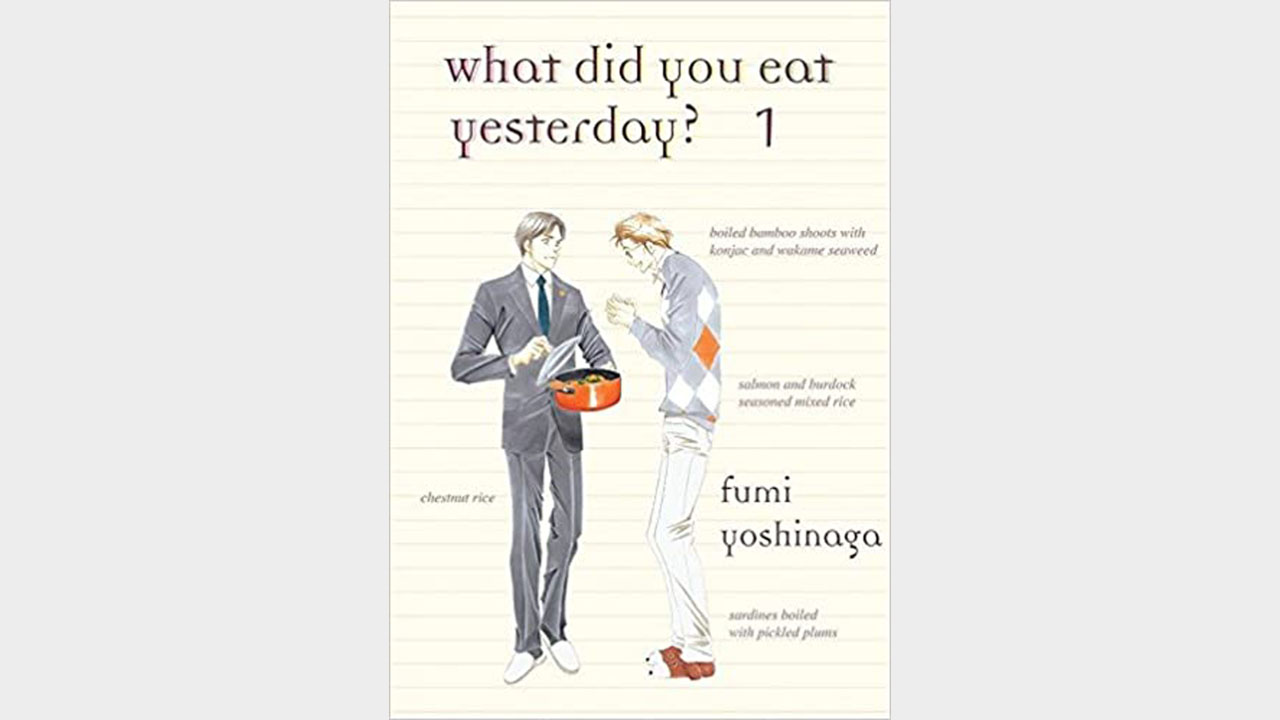
Combining cooking with gay romance, What Did You Eat Yesterday? has one of the most unique and delicious premises. It revolves around the story of two 40-year-old men, lawyer/gormand cook Shiro Kakei and his boyfriend, hairstylist Kenji Yabuki. Every chapter features a different food recipe and a different LGBTQ+ Japan issue being discussed. For example, one chapter revolves around Kakei's unwillingness to come out to his co-workers.
In fact, it is the homey nature of the manga's premise and the mature looking artwork that is sure to attract readers. There are all too few LGBTQ+ manga dealing with LGBTQ+ adults just going about their everyday lives. Cooking not only allows Kakei to relax after the day's events but also connect to his loved ones and colleagues in a meaningful way. A simple question about food leads to poignant and sometimes unexpected events.
Beauty and the Beast Girl by Neji
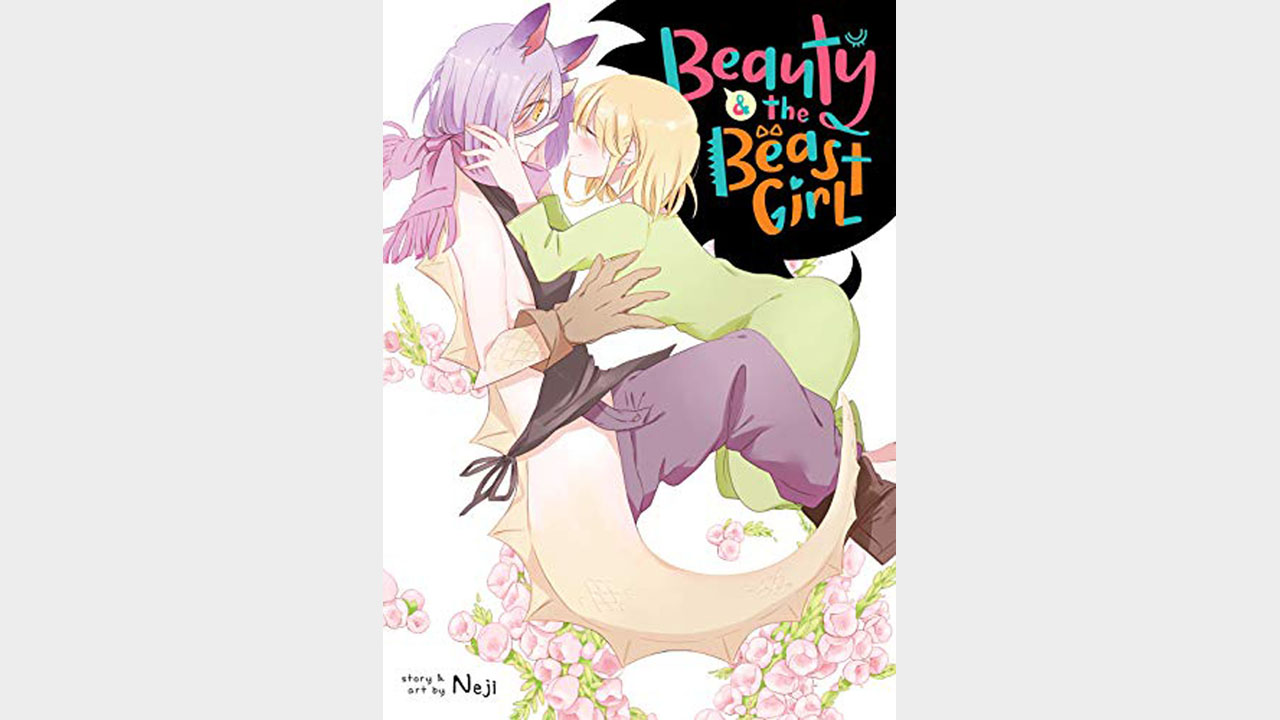
The yuri manga retelling of Beauty and The Beast from Seven Seas Entertainment, the single-volume Beauty and the Beast Girl is a must-read for fans of fairy tales. In this case, our 'Belle' is a blind human girl named Lily, while our 'Beast' is a fire-breathing chimera named Heath who has been shunned for burning down a village. When Lily visits a forest and meets Heath, they help each other realize that they both deserve to be loved.
Some say that Beauty and The Beast is about learning to appreciate inner beauty, and this manga serves this adage in spades. The manga also explores how those who are shunned experience isolation in different ways, whether it be through being smothered or being confined. With fantasy and romance smartly combined, Beauty and The Beast Girl is a poignant read.
Girlfriends by Milk Morinaga
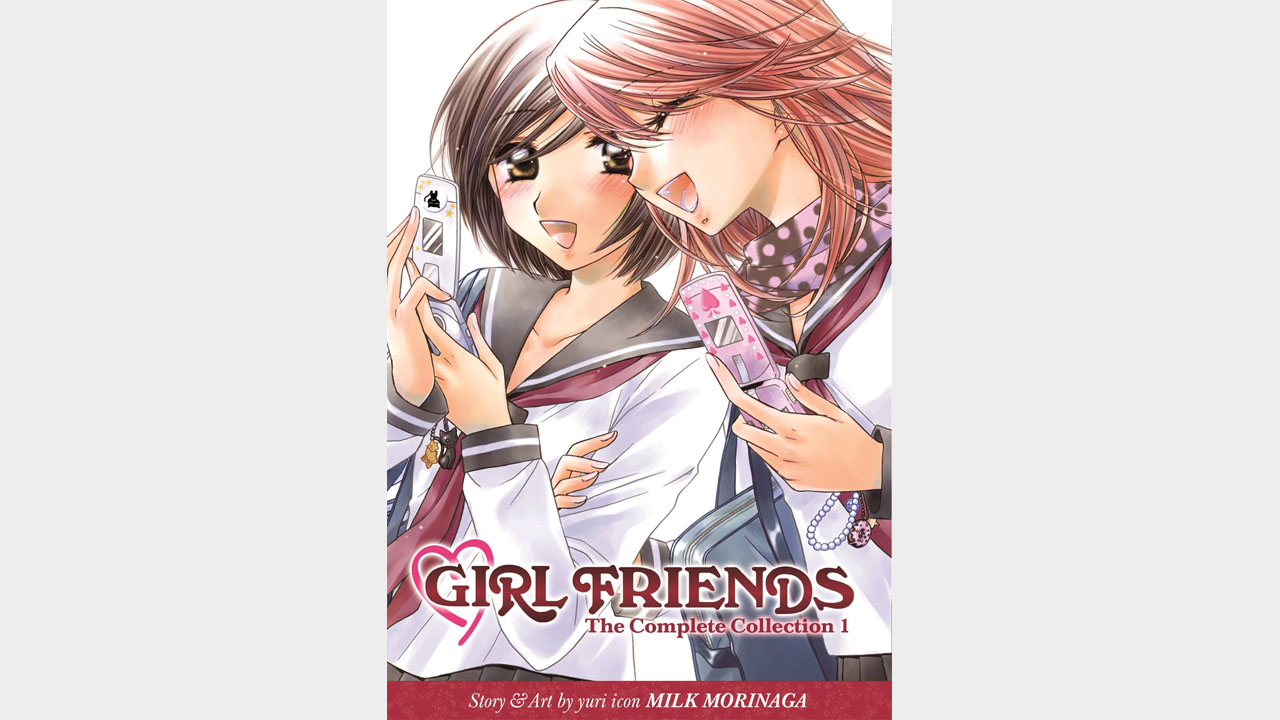
Milk Morinaga is one of the most well-known yuri manga creators out there, with Girlfriends as one of her best-known works. It stars the quiet and solitary Mariko Kamukara, a.k.a. "Mari", who is befriended by the sociable girl Akiko Oohashi. As Mari slowly starts to overcome her shyness by experiencing fashion, parties with alcohol, and other teenaged adventures, she starts to develop feelings for Akiko.
A fun aspect of the overall plot is that it feels like a lesbian take on the 'popular girl vs quiet girl' trope seen in American teen media. Yet as the plot develops, both the main leads and some of the secondary characters are seen as more than their initial labels suggest. All in all, this series is perfect for those looking for a lighthearted teen story with lesbian characters.
Seven Days by Venio Tachibana and Rihito Takarai
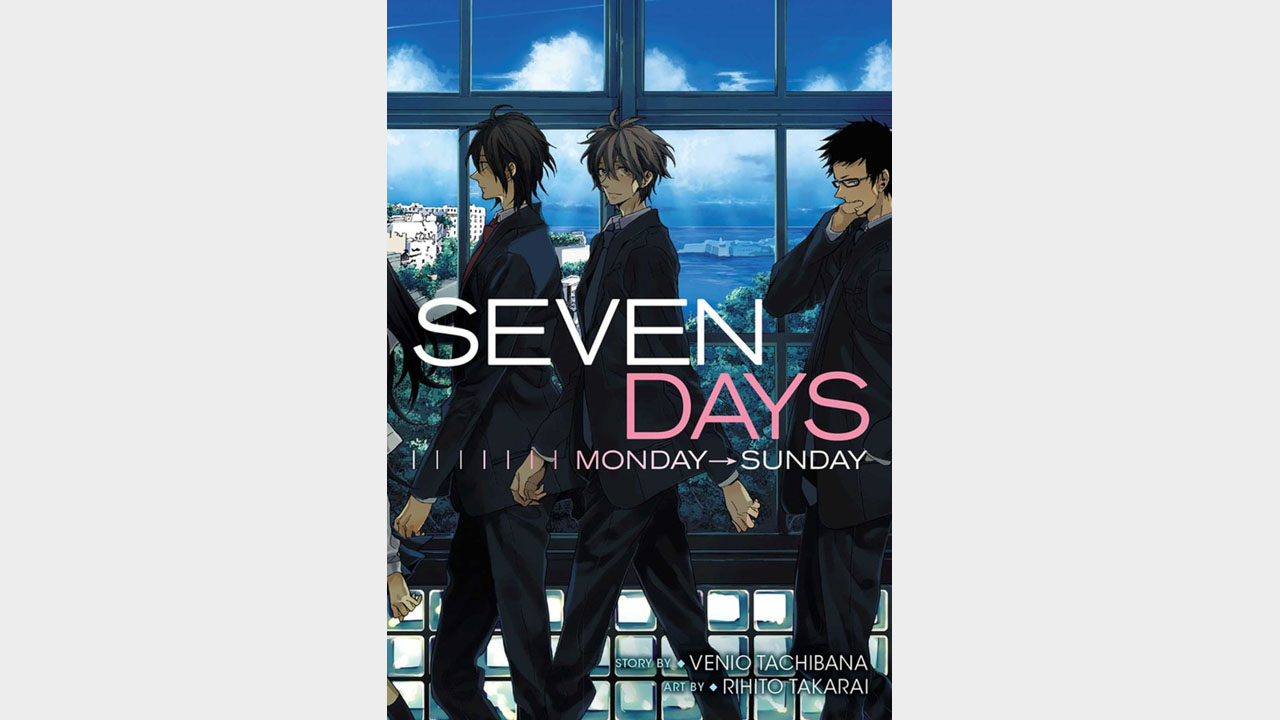
The short but sweet yaoi manga Seven Days from Viz Media begins with a guy named Tōji Seryō, who is rumored to accept anyone as a date at the beginning of the week and end the relationship after seven days. Partly as a joke, Yuzuru Shino decides to ask out Seryō, but is surprised when he accepts. As the days go by, Yuzuru develops feelings for Seryō and dreads the end of their time together.
A major highlight of this series is its lack of heavy content and how no one bothers the male characters about them dating each other. The series also has some tender scenes between the male characters as they connect with each other and realize they are in love. Finally, the series shows the importance of finding someone who you truly want to be with romantically, rather than just dating for the sake of dating.
Whispered Words by Takashi Ikeda
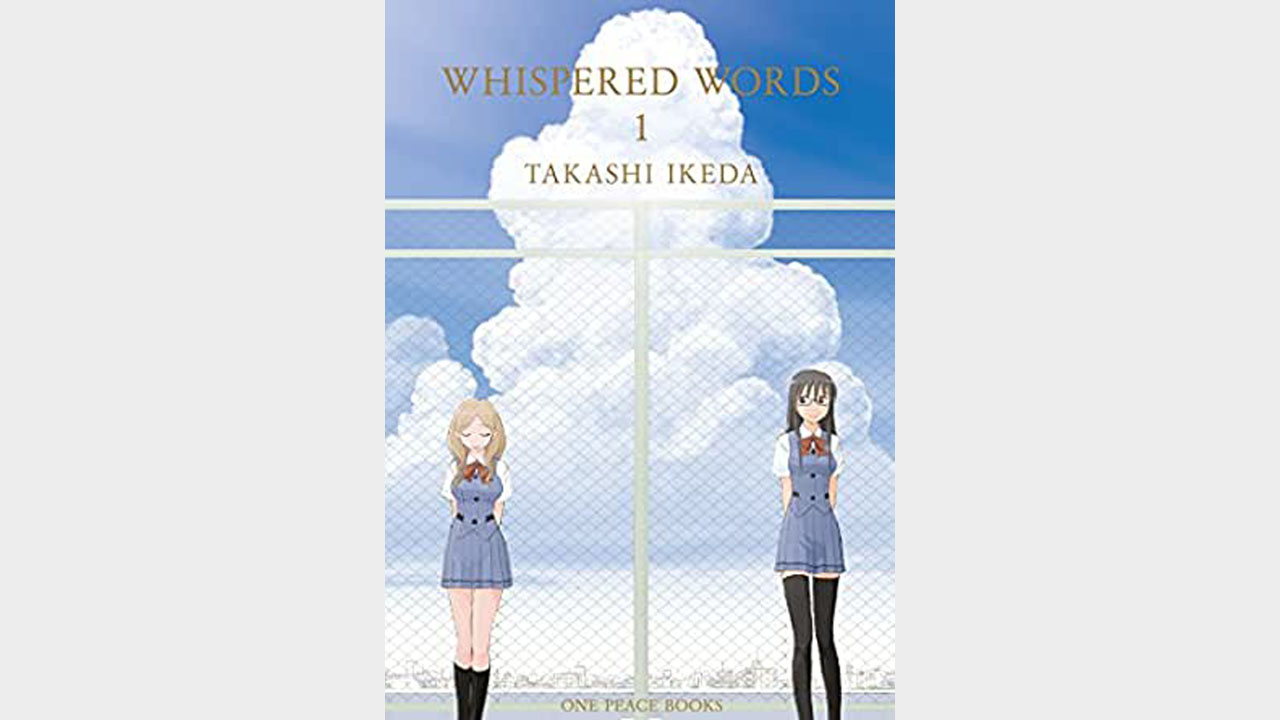
A heartfelt and dramatic yuri manga series published by One Peace Books, Whispered Words is perfect for readers who are new to the genre. It focuses on two teen girls, Sumika Murasame and her best friend and secret crush Ushio Kamaza. As the main leads, Sumika and Ushio have an interesting dynamic that show how complicated friendship and romantic love can be.
For starters, Sumika pines over Ushio while trying to stay supportive as her best friend. On top of that, Ushio's type is 'small and cute girls,' but Sumika is tall and athletic. Not only does the manga series feature a slow-burn friends-to-lovers story, but there are also other lesbian characters and a cross-dressing character that add some depth to the series. The series also tackles homophobia and gendered expectations for young girls.

Latonya Pennington is a prolific pop culture critic. You can find them writing about comic books for Newsarama and GamesRadar+, and have published comics criticism on sites like WWAC, Comics MNT, and Syfy Wire, among others. Latonya is also passionate about video games, poetry, and fiction, covering all this and more as a freelance journalist.


